We have started with an activity about the difference between science and pseudocience. Psychology claims to be a science, and so does for example astrology. We wondered if astrology can actually predict a person’s future based on the sole reason of his or her date of birth. To put astrology to test, we designed and eventually did the following experiment.
We used the horoscopes of the twelve zodiac signs for a particular week picked up from an astrology webpage and make sure that the subjects who would participate in the experiment didn’t know them. During the first class after that week, we delivered the twelve predictions to the subjects plus a list with some personality traits attributed to each zodiac sign but, and this is the cornerstone of the experiment, without the name of the zodiac signs on them. They had to choose blindly the prediction that better matched with his or her experiences in the previous week. After that, we checked whether the selected predictions and personality traits matched with the prediction for the actual sign of the subject according to his or her date of birth. What do you think? Were the predictions accurate?
The experiment and its results were both enlightening and fun.
We completed the activity by watching a short video from the reputed series Cosmos (a classic) in which the famous astronomer and science popularizer Carl Sagan discussed the topic of astrology. Students were asked to listen carefully in order to find and explain Sagan’s reasons to support his view of astrology as a pseudoscience.
Well, that’s it. See you soon!

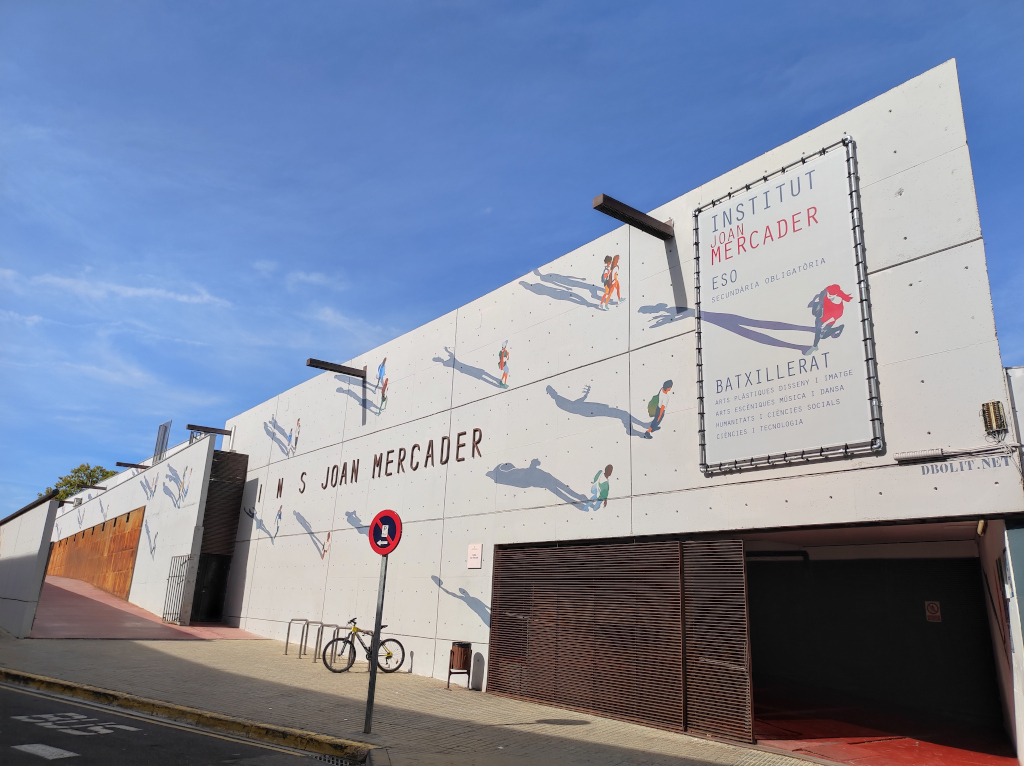
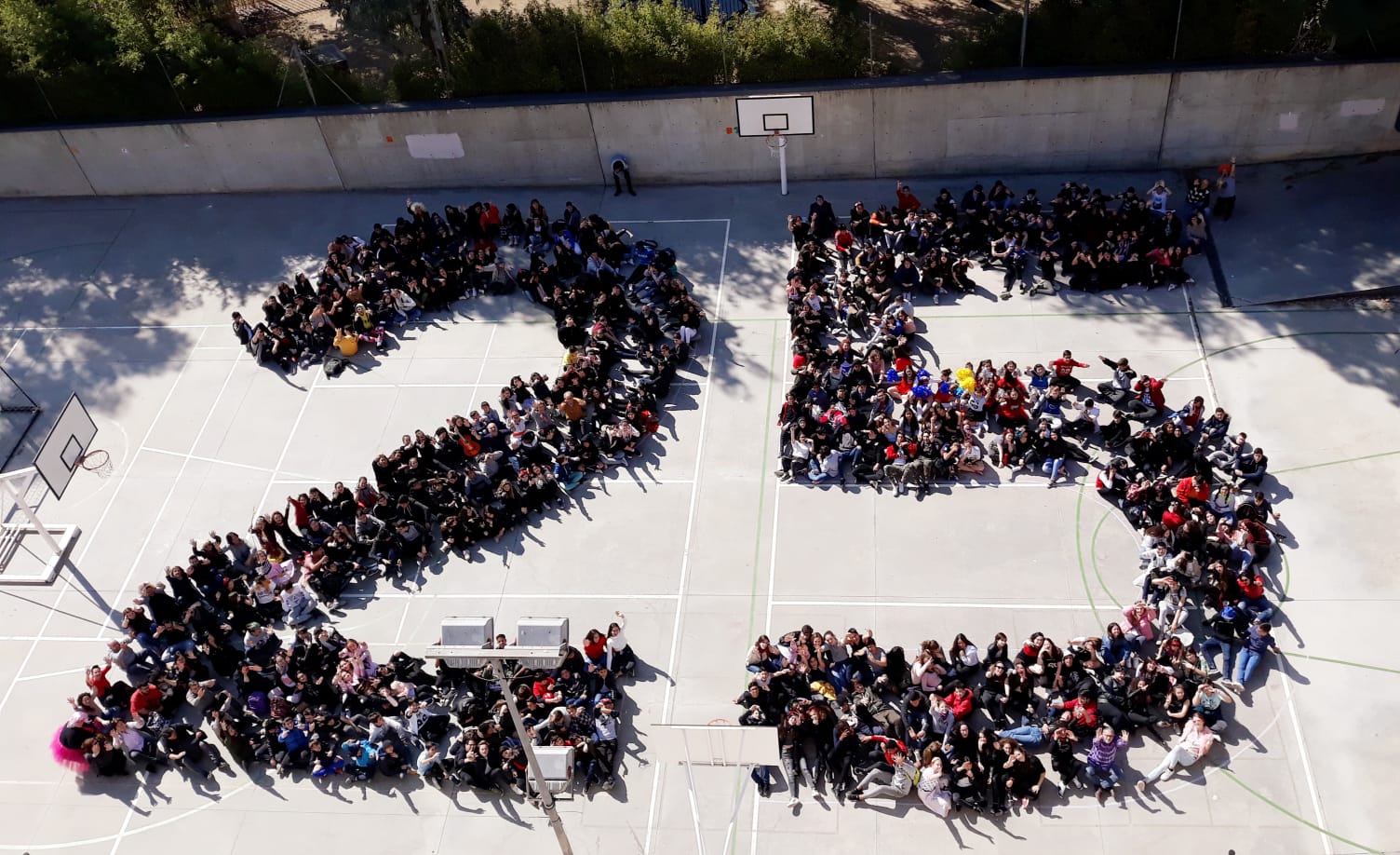

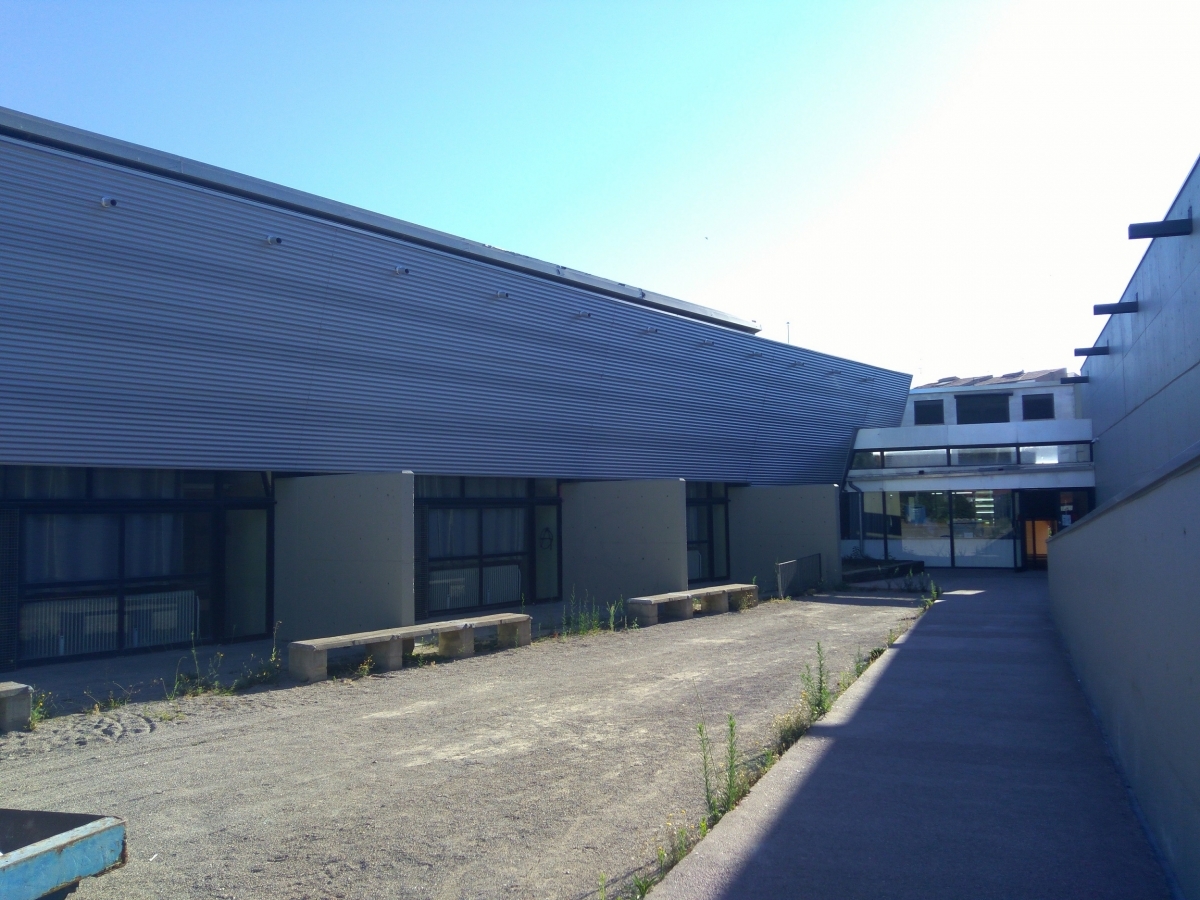
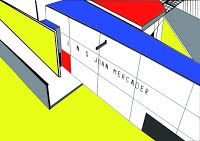
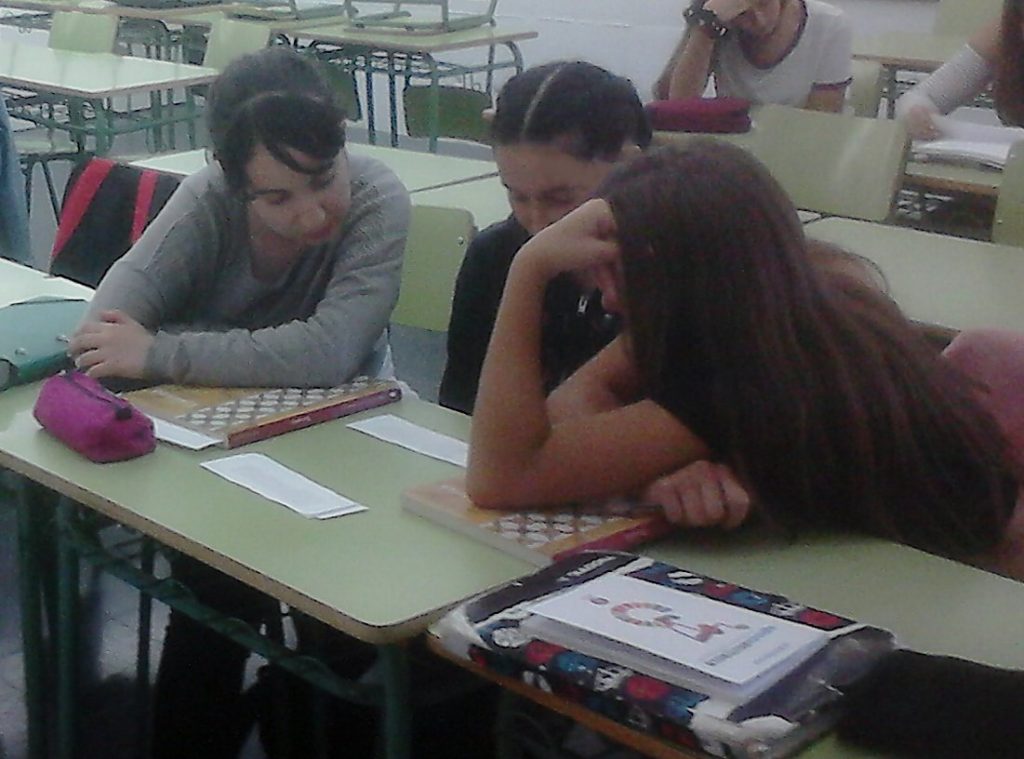



Comentaris recents